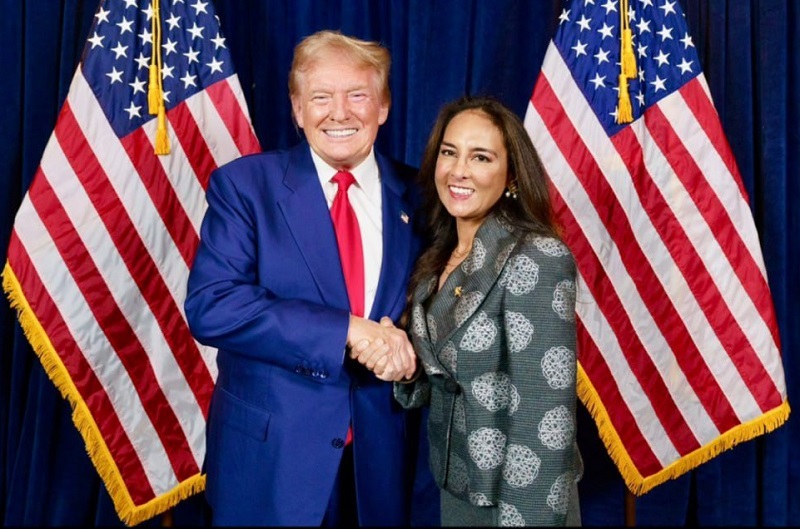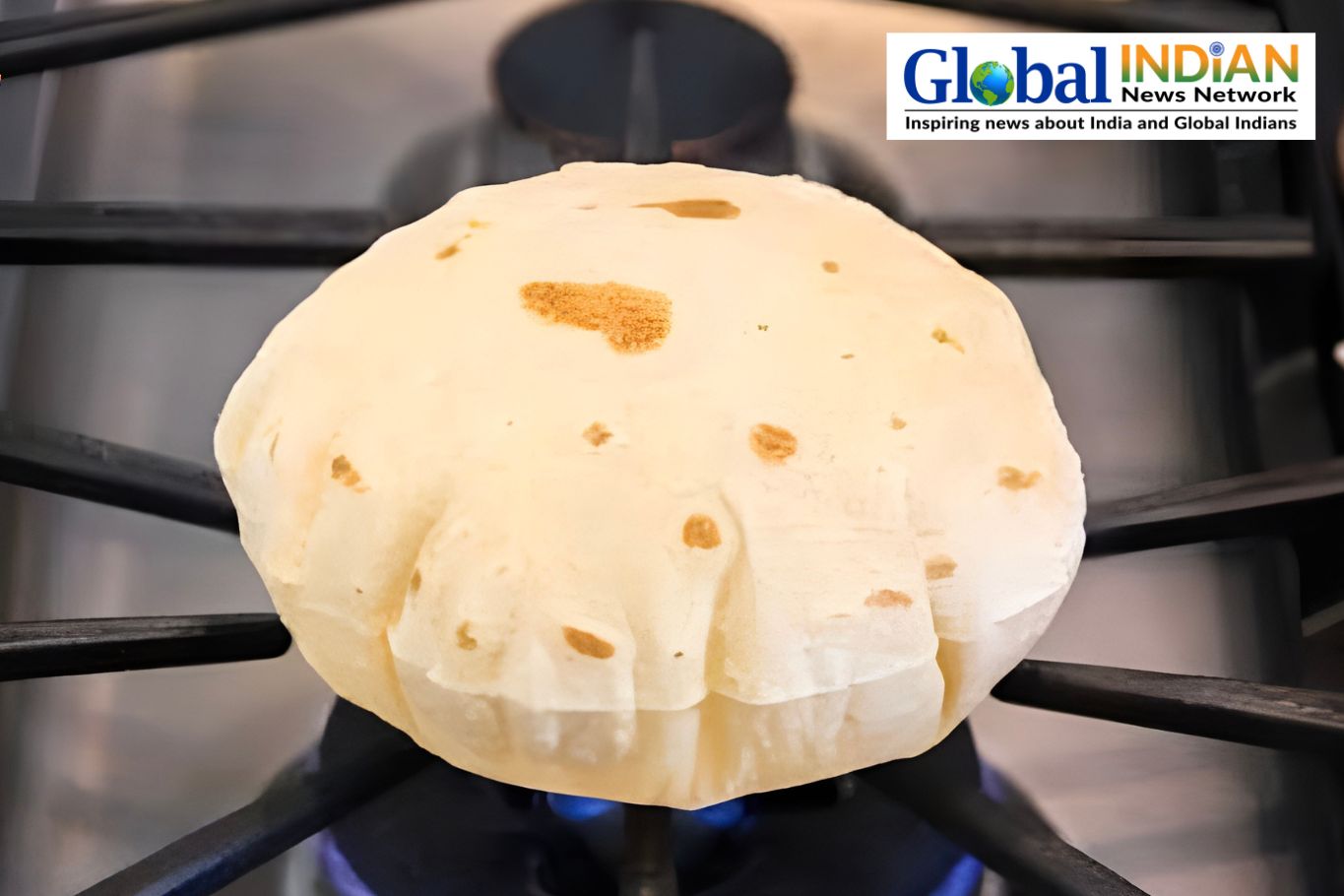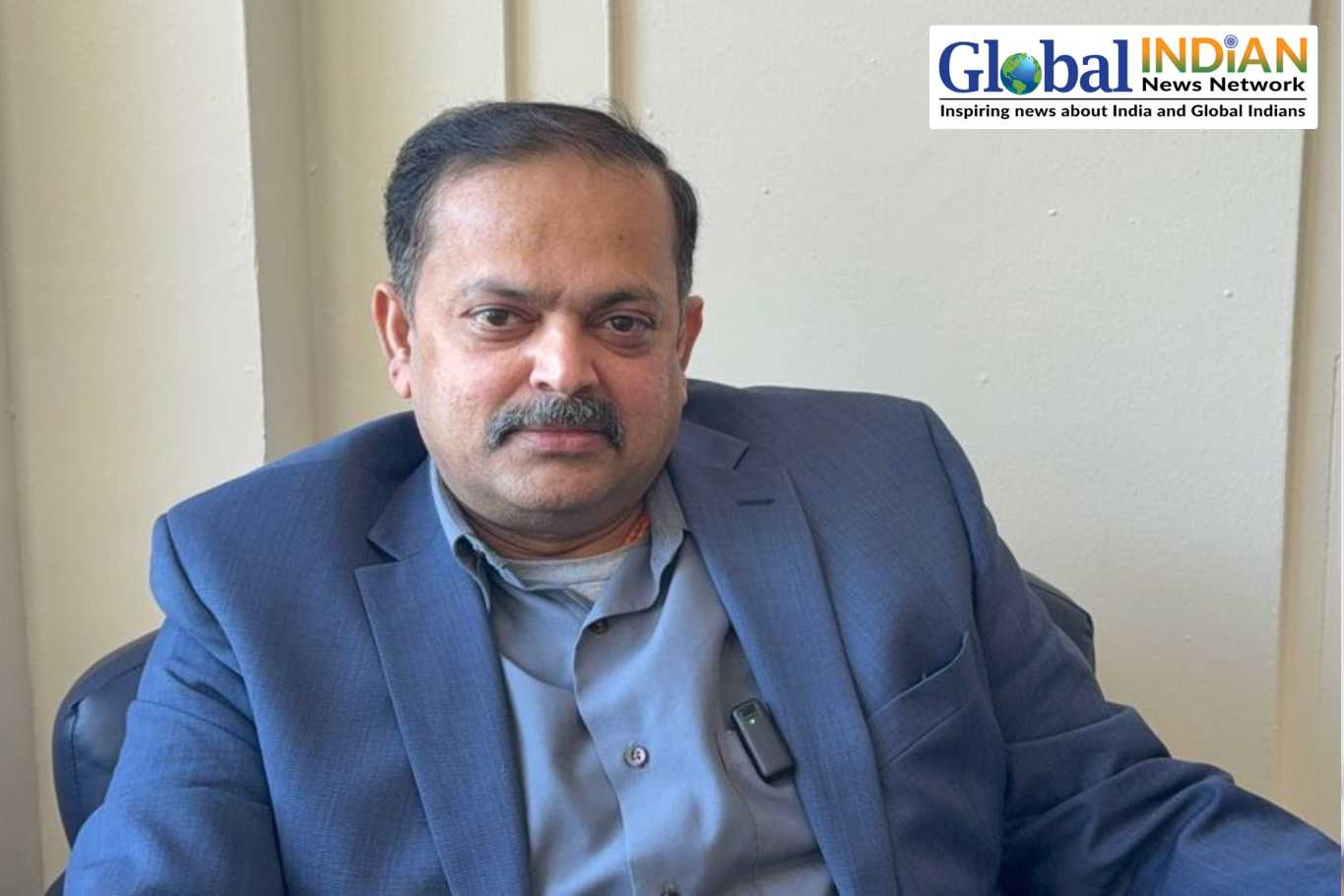
At the Democratic National Convention this summer, Kamala Harris shared a touching tribute to her mother, who emigrated from Chennai, India, with dreams of becoming a scientist. Harris, a trailblazer poised to be the first female and South Asian president, lost the race to President-elect Donald Trump, who triumphed in all seven swing states.
While many might assume Indian Americans would be disheartened by Harris’ defeat, their political influence is at an all-time high under Trump’s leadership. The incoming administration includes influential Indian Americans, such as Kash Patel, nominated to lead the FBI, and Jay Battacharya, appointed to the National Institutes of Health. Vivek Ramaswamy is set to co-lead the new Department of Government Efficiency, and Harmeet Dhillon will head the DOJ’s Civil Rights Division. Usha Vance is also poised to become the Second Lady of the U.S.
This trend is surprising, given that Indian Americans have traditionally leaned Democratic. Political analyst Karthick Ramakrishnan notes the group’s strong Democratic tilt, reflected in voting patterns and political contributions. Yet, Trump has actively courted Indian Americans, from his 2019 rally with Indian Prime Minister Narendra Modi to the appointment of Indian American Republicans like Nikki Haley and Ajit Pai in his first term.
Trump’s second term sees even more provocative appointments. Dhillon, a vocal critic of the Patriot Act and staunch Trump supporter, has opposed mainstream policies while defending the former president’s actions. Patel, known for his fiery rhetoric, has vowed retribution against political opponents, while Battacharya, a COVID-19 skeptic, advocates for an early return to normalcy.
The growing prominence of Indian Americans under Trump has caught many by surprise, but some are cautiously optimistic. Avantika Modi, an immigrant from India, notes her hopes for positive outcomes, appreciating the diversity and competence of Trump’s picks. Similarly, Shan Shanmugathan, a Trump supporter, praises Battacharya’s courage in advocating for the reopening of schools during the pandemic.
Recent surveys indicate a shift in Indian American voting patterns, with younger generations increasingly leaning right. This change is mirrored across other minority groups. While older Indian Americans remain predominantly Democratic, the next generation, raised in the U.S., is more inclined toward Republican values. Amit Mehta, a long-time Charlotte resident, acknowledges the success of his peers in business and sees politics as the next logical step for them.
Today, many Indian Americans are embracing their cultural heritage more openly. Figures like Ramaswamy and Dhillon openly discuss their identities, breaking from the tradition of past politicians like Bobby Jindal and Nikki Haley, who distanced themselves from their roots. This new wave of Indian American political involvement signals a shift toward greater visibility and influence in American politics.









